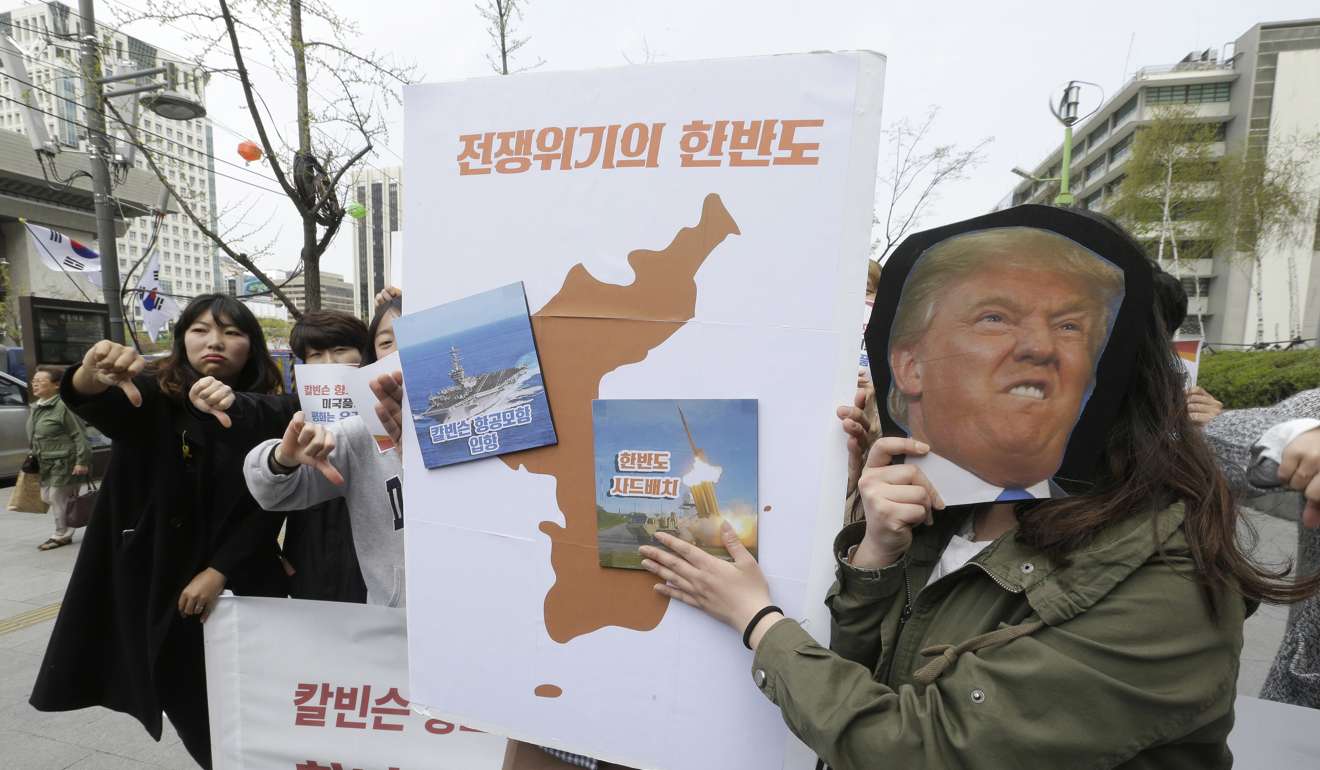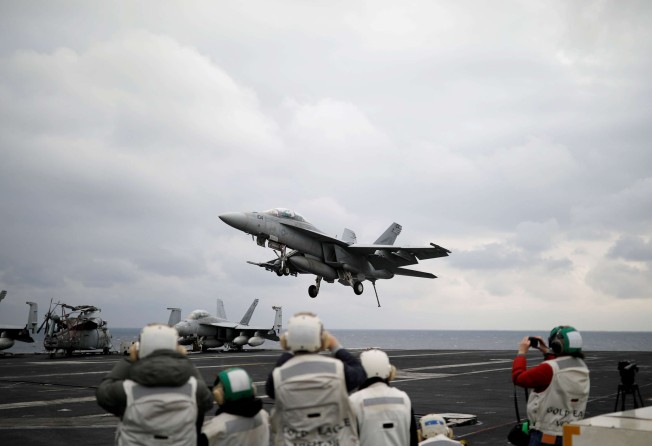
Will China stand aside if North Korea wants to talk to Trump?
By increasing the size and scale of the prospective nuclear tests, Pyongyang may be positioning itself to get the attention of the US directly, rather than through other countries

Almost all nuclear scientists agree that land-based or underground nuclear detonations are no longer necessary. These fission activities can easily be done with computer simulations. This has been the case since the end of the Cold War.
The science of using artificial intelligence to gauge the destructiveness of each bomb, however, is not something North Korea seems interested in, even though Pyongyang has access to super computers. Why?
Jennifer Lind, an Asia specialist at Dartmouth College, argues that over the decades, North Korea has become adept at playing the role of a madcap country. By feigning madness, or, irrationality, it has injected an aura of unpredictability that serves as a perfect counterpoise to its military and strategic weakness. It all started, not with the end of the Cold War but with China’s recognition of South Korea in 1993.
When Beijing and Seoul established a normal diplomatic relationship, Pyongyang was stunned. It was being abandoned not merely by the Soviet Union, which was gone by 1991, but China too, its main patron. To this day, the fear of complete abandonment is real, as China imports close to 80 per cent of North Korea’s coal.
Thus by preying on the insecurities and the fears of South Korea, Japan, the United States and China – the four countries that have gone on to embrace globalisation and free trade in a big way – North Korea has perfected the art of international nuisance as a deterrent.
By resorting to “open” testing of each nuclear device, with the attendant aim to showcase North Korea’s ability to deliver the payload, anytime, anywhere, Pyongyang has enhanced its logic of deterrence. No one dares to strike North Korea first lest it retaliates by launching its missiles against Seoul, Tokyo, or, even Honululu, where the Pacific Command is based.
Indeed, the reason why the US has sent the USS Carl Vinson carrier group to the Korean Peninsula lately is to reinforce the US’ own concept of deterrence. The payload and delivery systems of North Korea – while unreliable – have progressively expanded to include Guam, Los Angeles and San Francisco. At current rate, if North Korea is not deterred further, the cascade of ever-improvisational nuclear and ballistic technologies will lead Pyongyang to a head-to-head clash with the US and its security allies, most notably Japan and South Korea.

Fortunately, North Korea does want something from the US, contrary to its characterisation as an irascible power. More than anything else, it wants a Non Aggression Pact from Washington. This has been on the table for North Korea for the last two decades. Kim Jong-un, the current North Korea leader, is not averse to the same.
A Non-Aggression Pact would of course involve the proviso to have the economic sanctions lifted. If the US and North Korea can overcome these barriers or thresholds, the strategic tensions in the Korean Peninsula will ease. No one can guarantee that North Korea can be completely denuclearised. Any attempt to roll back the nuclear programme in North Korea does not appear realistic as Pyongyang has become the post-modern equivalent of Sparta, thriving on perpetual belligerence. By being tenacious and obnoxious all the time, it has proven itself adept at extracting key concessions and energy subsidies from the US.
The Korean Energy Development Organisation (KEDO), conceptualised by Bill Clinton with the help of Jimmy Carter in 1995, provided North Korea with the energy it needed then. Pyongyang hopes that history can repeat itself. By pushing every country to the extreme, North Korea has made others sit up and listen. President Donald Trump certainly did.
By identifying North Korea as a serious threat, even considering the possibility of decapitating the top leadership – in other words assassinating Kim Jong-un – Donald Trump has transformed North Korea into a clear and present danger. Sending battle fleets to North Korea won’t make Pyongyang wilt anytime soon. In fact, it will harden its position further to thumb its nose on the US and the rest of the world.
Indeed, if North Korea can show the US and the world that its fission activities have become bigger and more lethal, it can continue to subject the US and the world to a state of permanent nuclear blackmail.
To be sure, China is not completely mistaken in its argument that the only solution is diplomacy. However, the irony of the solution is that while Kim would welcome such an option, he would want direct talks only with the US. But would China, Japan, Russia and South Korea, be willing to step aside?
This, too, is a big “unknown unknown” which is why the diplomacy proposed by China is not necessarily a self-evident solution. Rather, Trump and Kim, at some stage, have to agree to disagree that no solutions are perfect, but there are solutions nonetheless.
By increasing the size and scale of the prospective nuclear tests, Pyongyang may well be positioning itself to get the attention of the US directly.
Phar Kim Beng is a former scholar of the Japan Foundation and president of Echo Strategic Insight